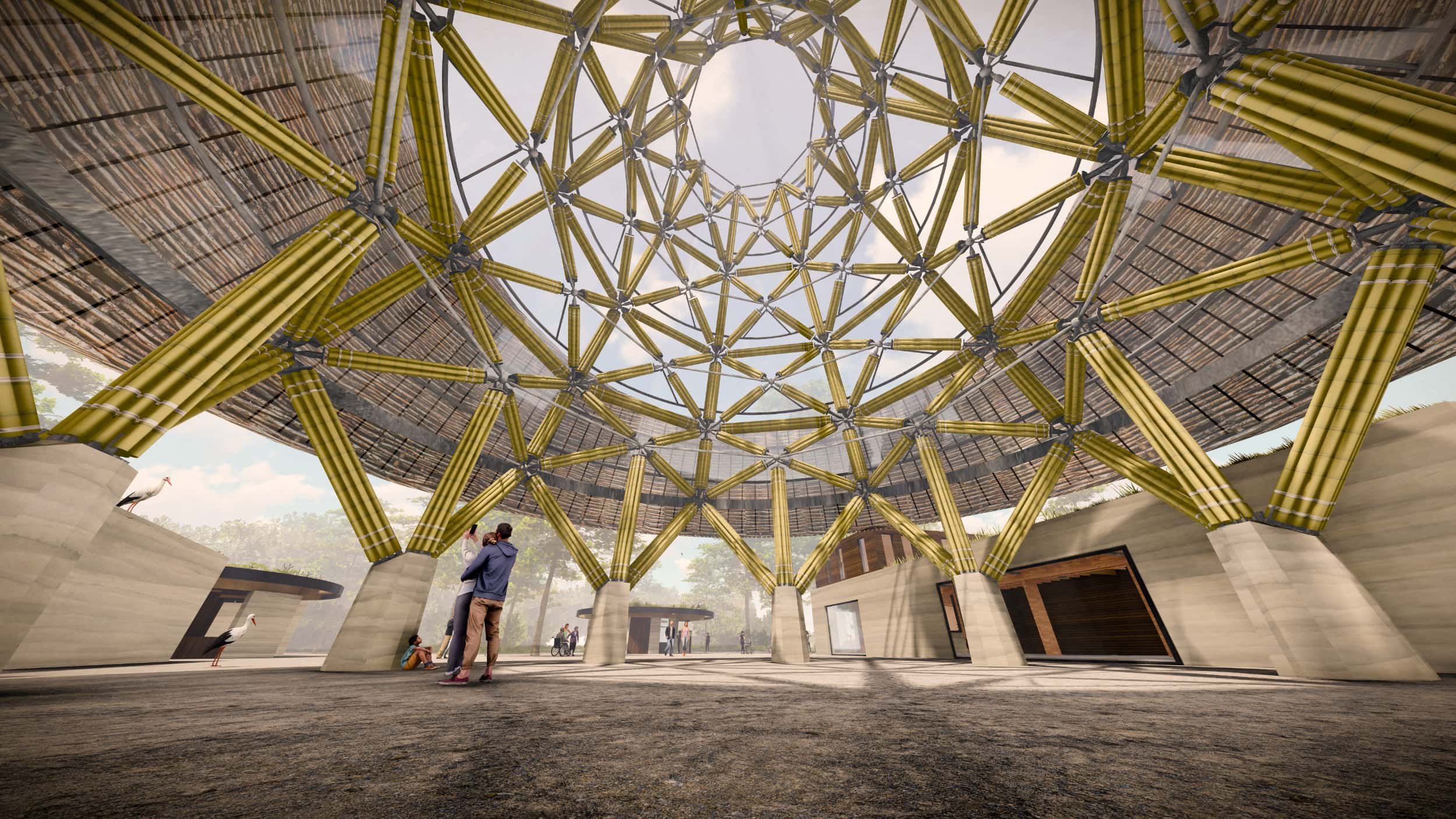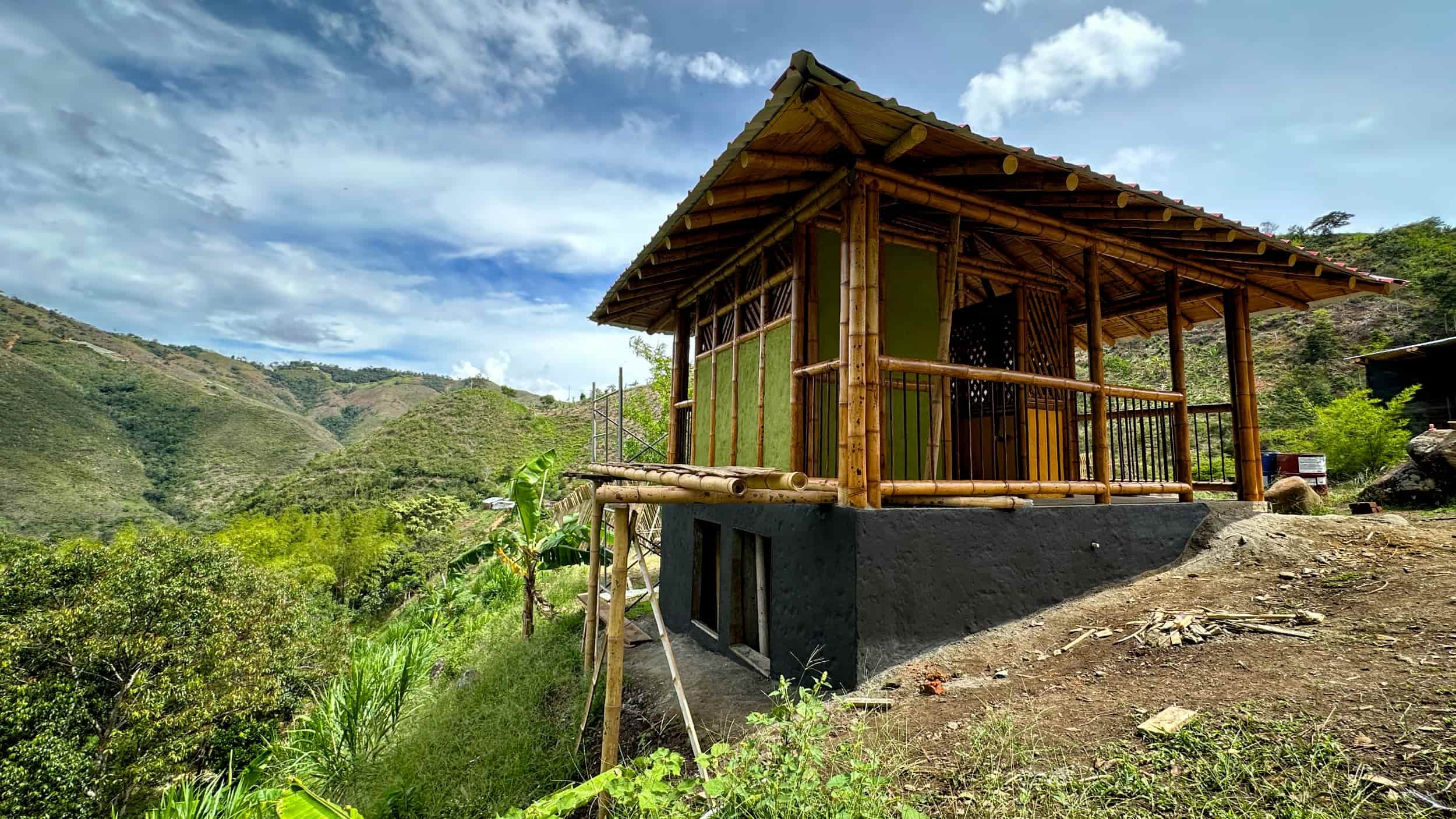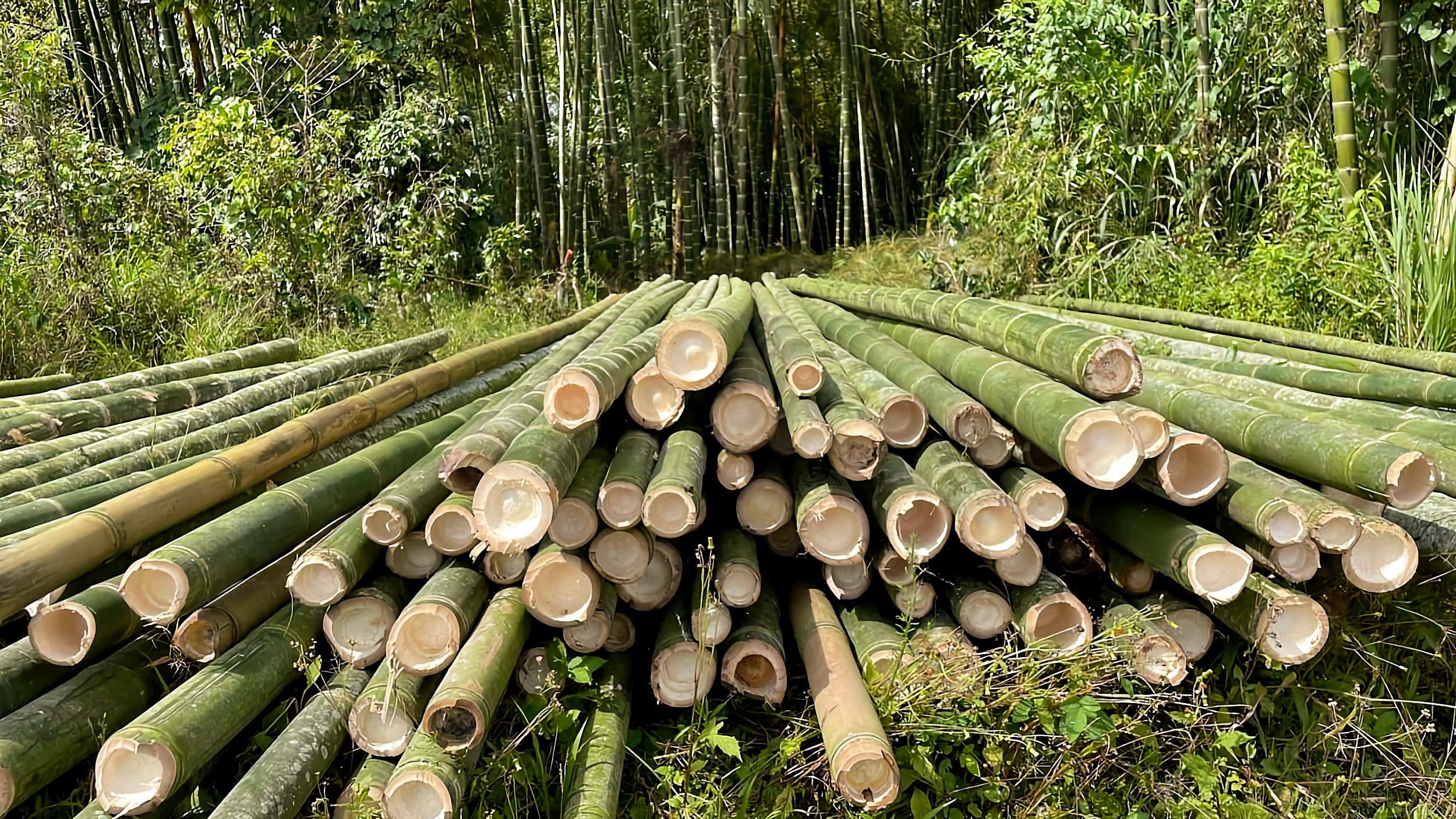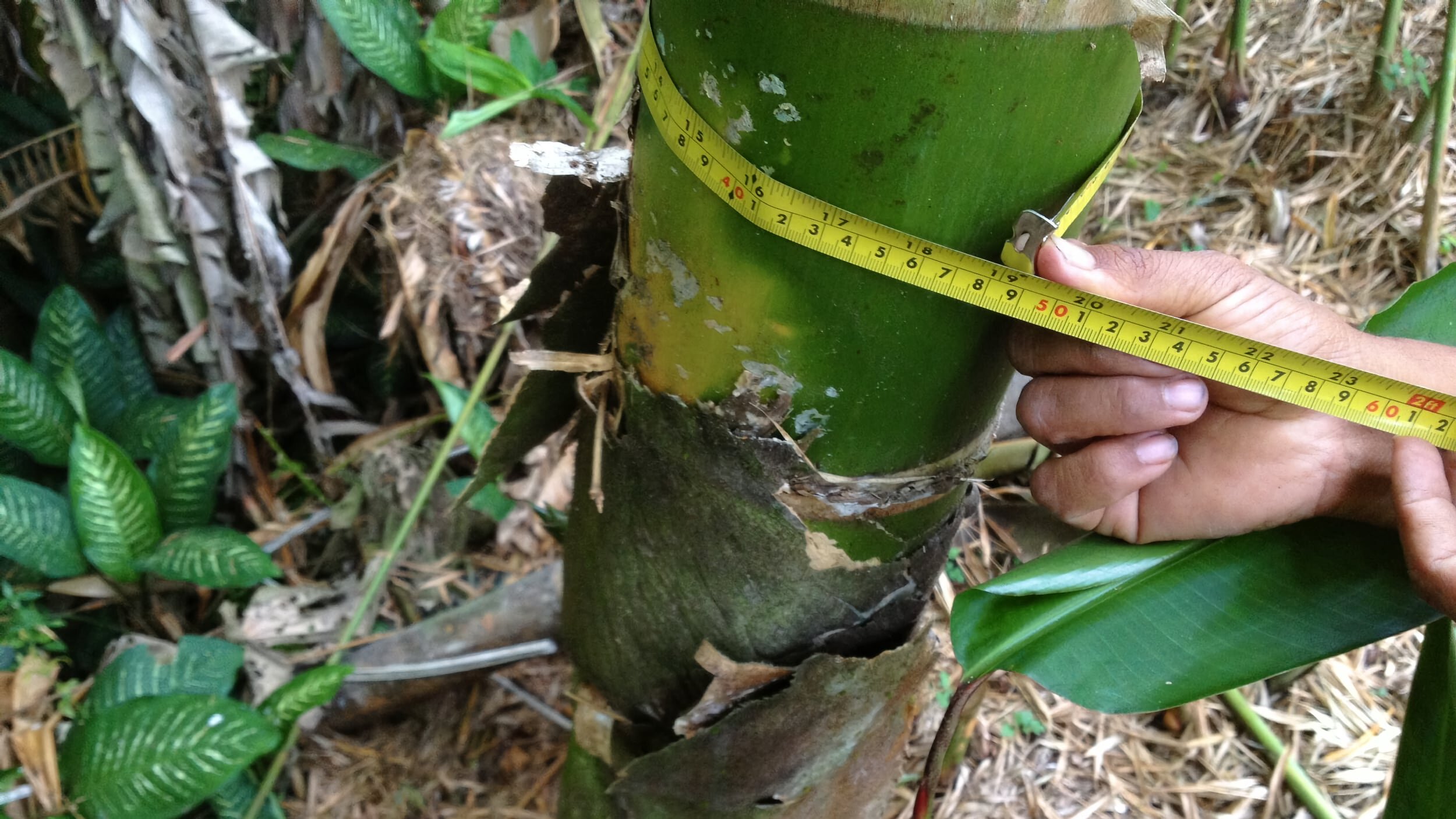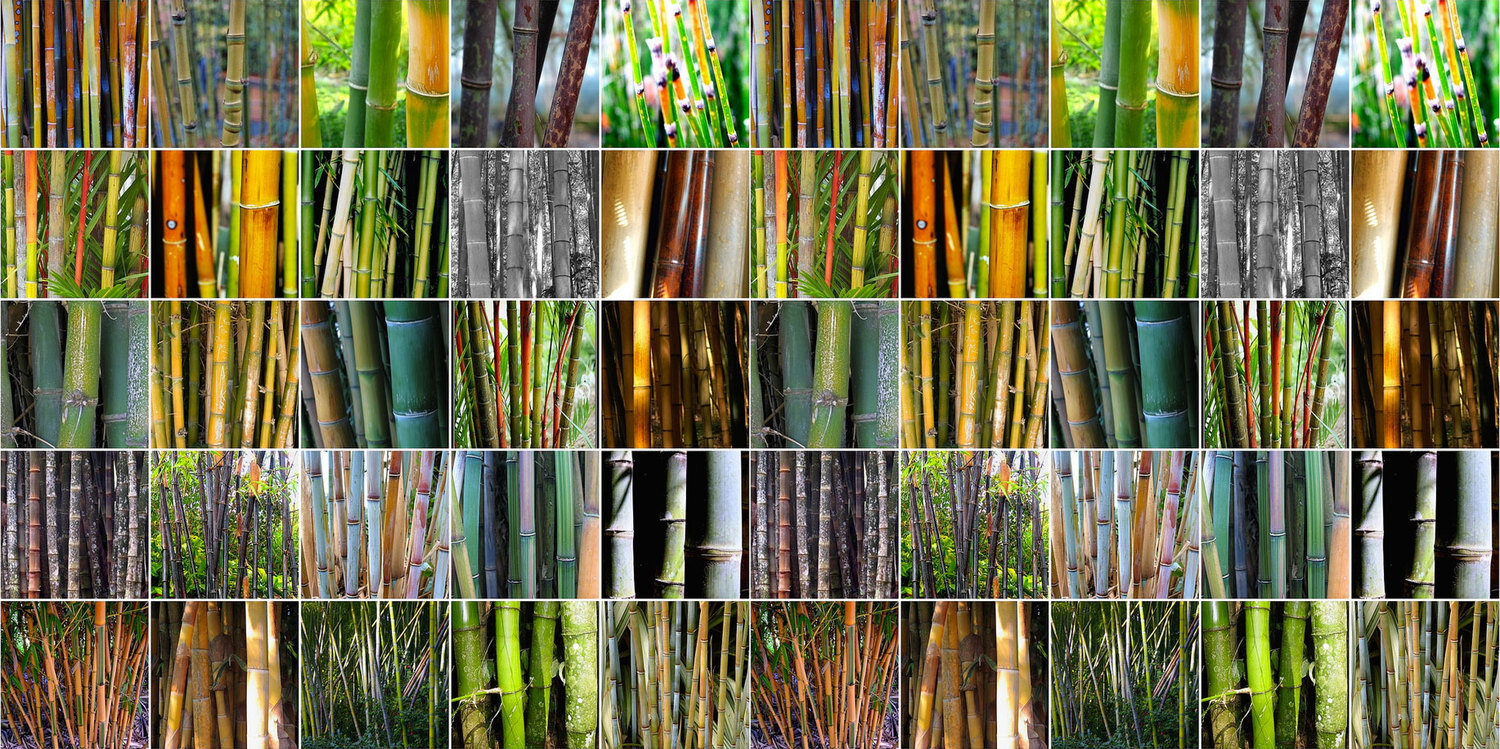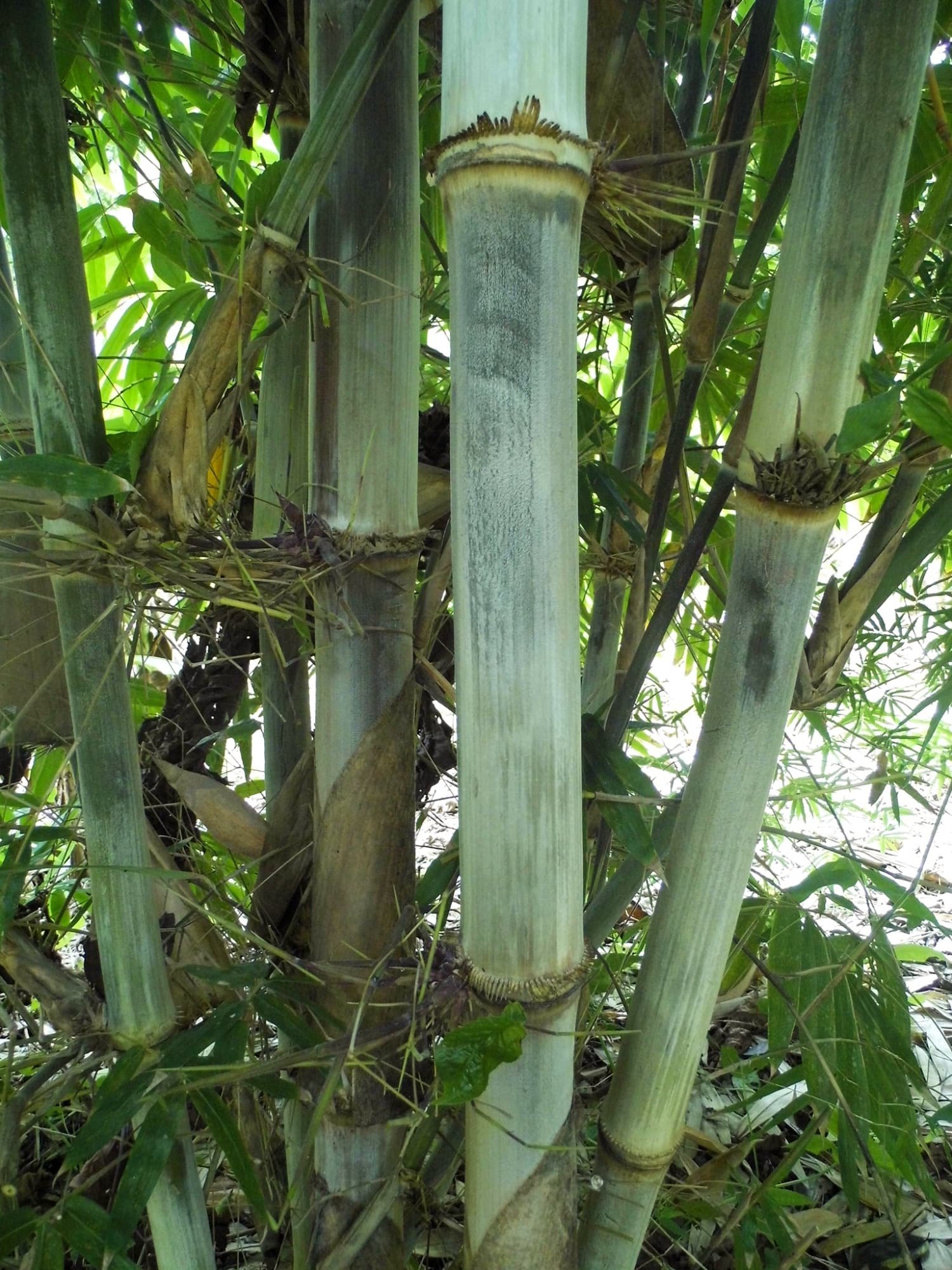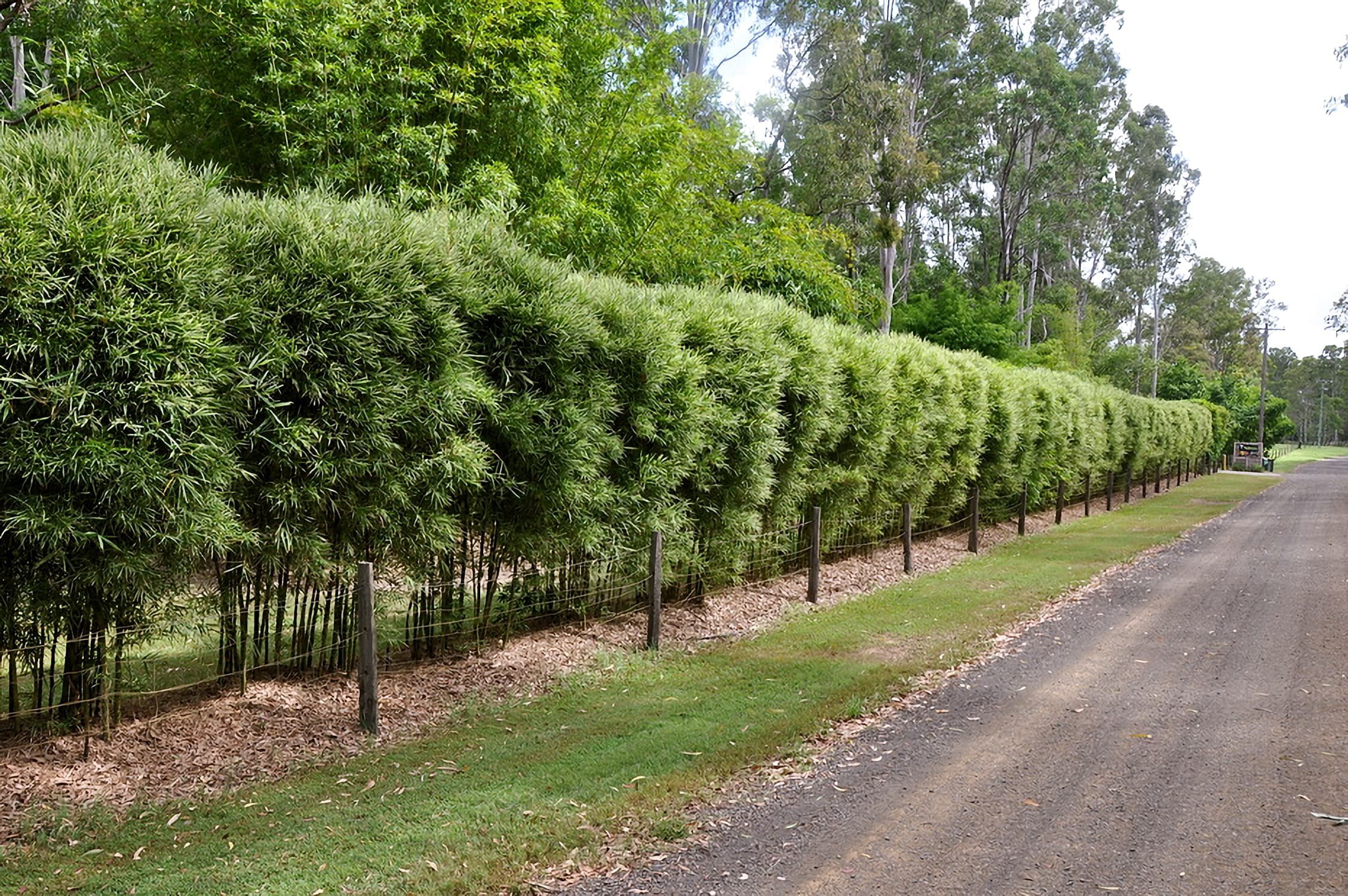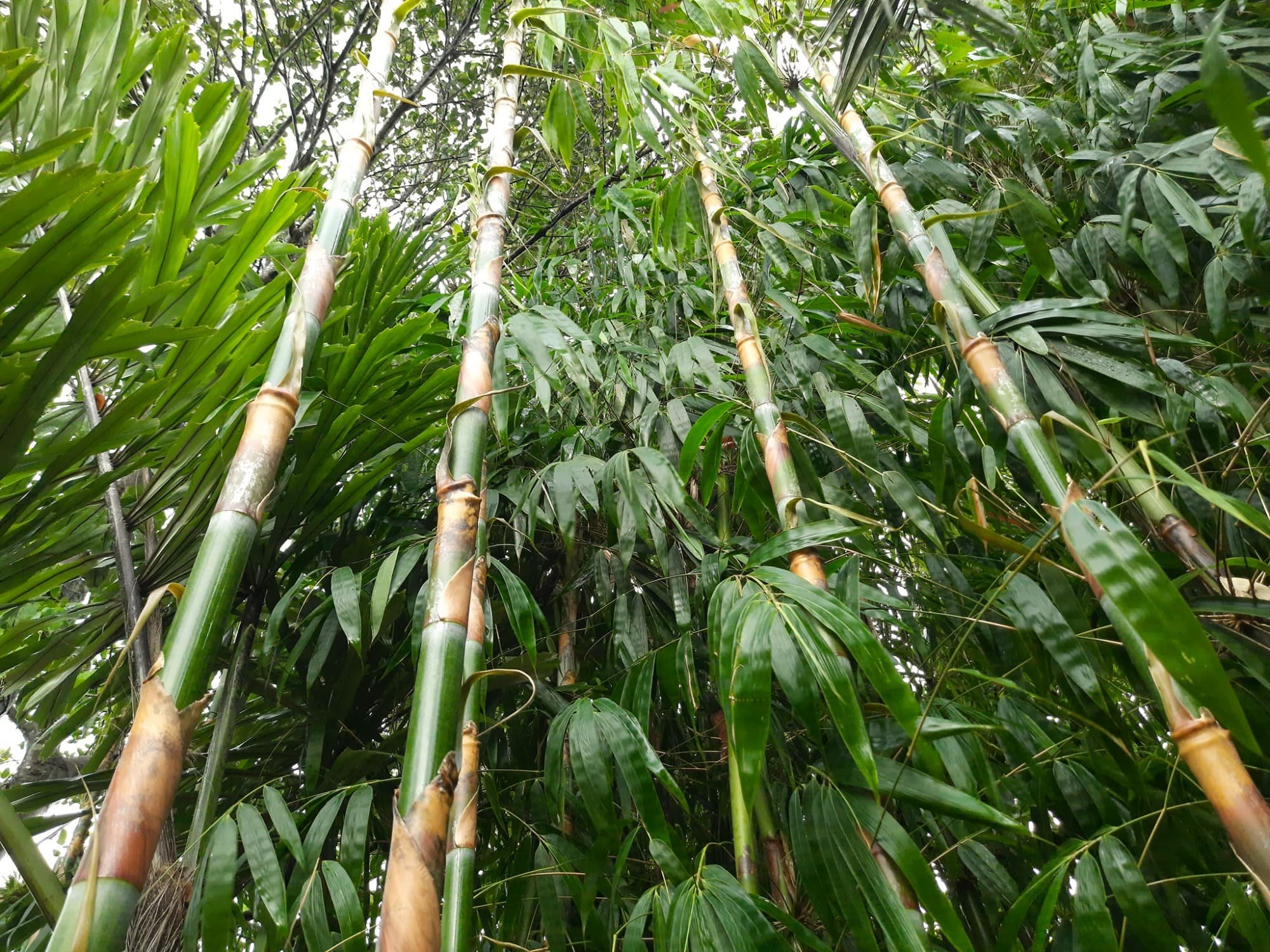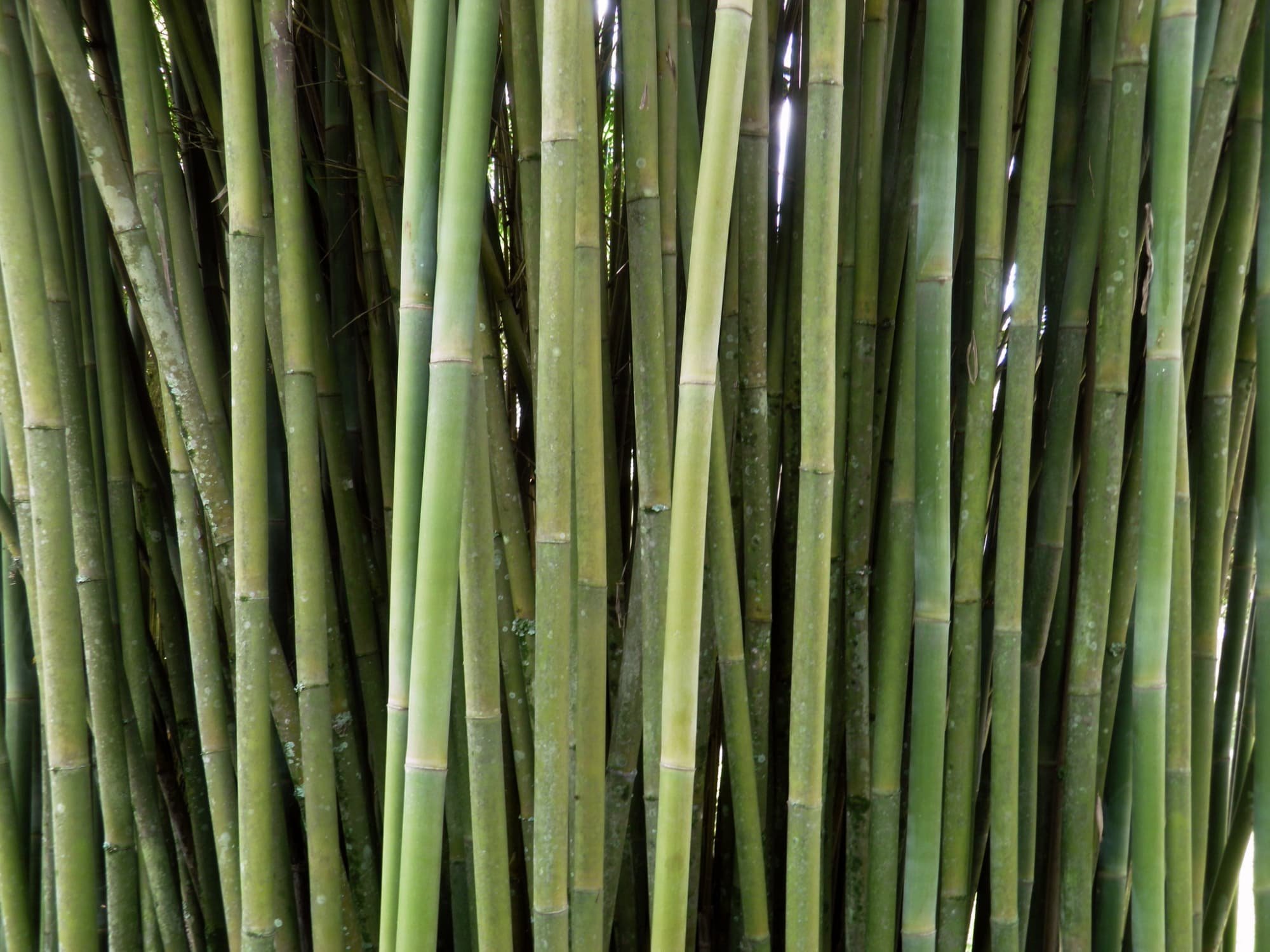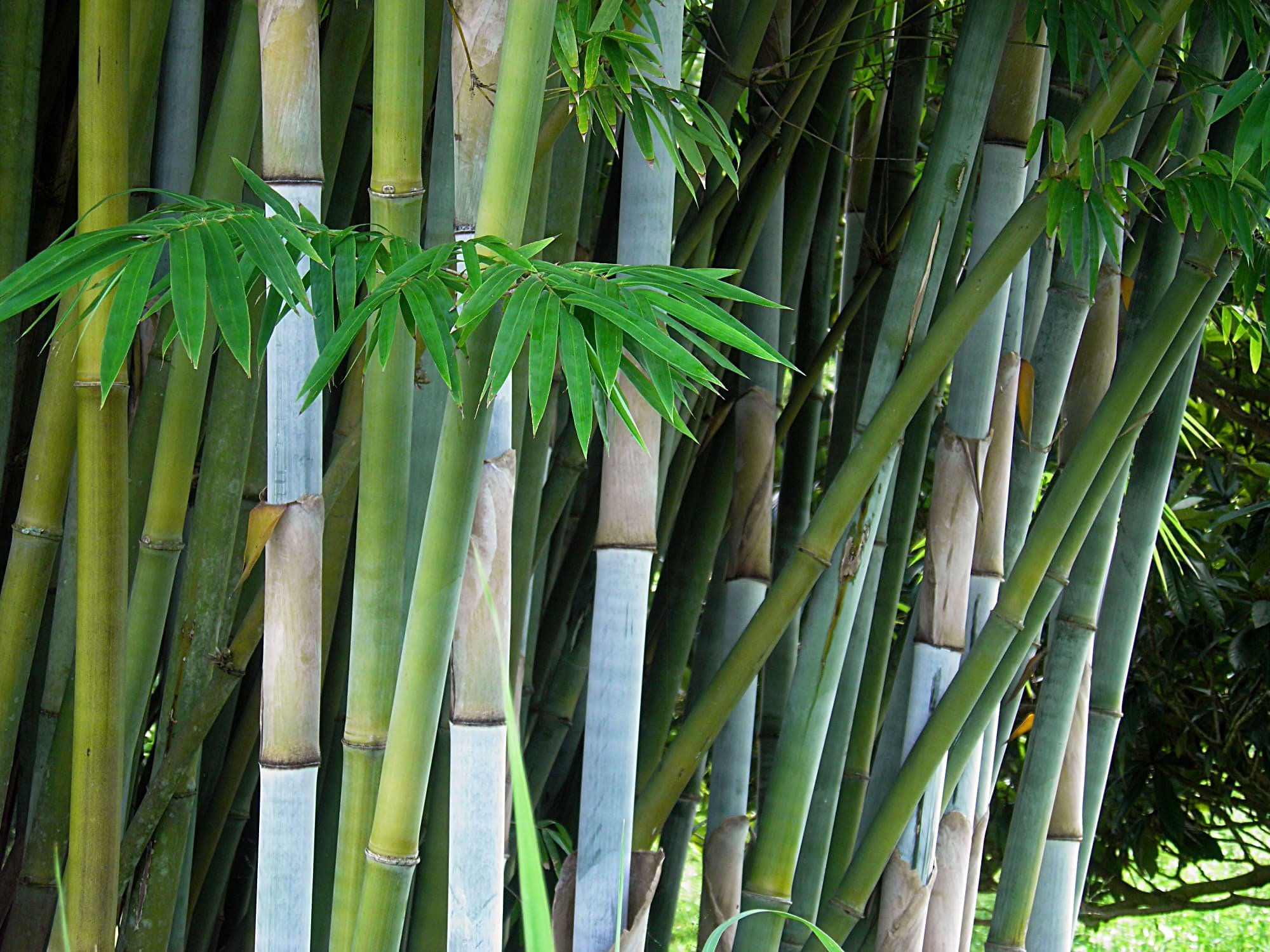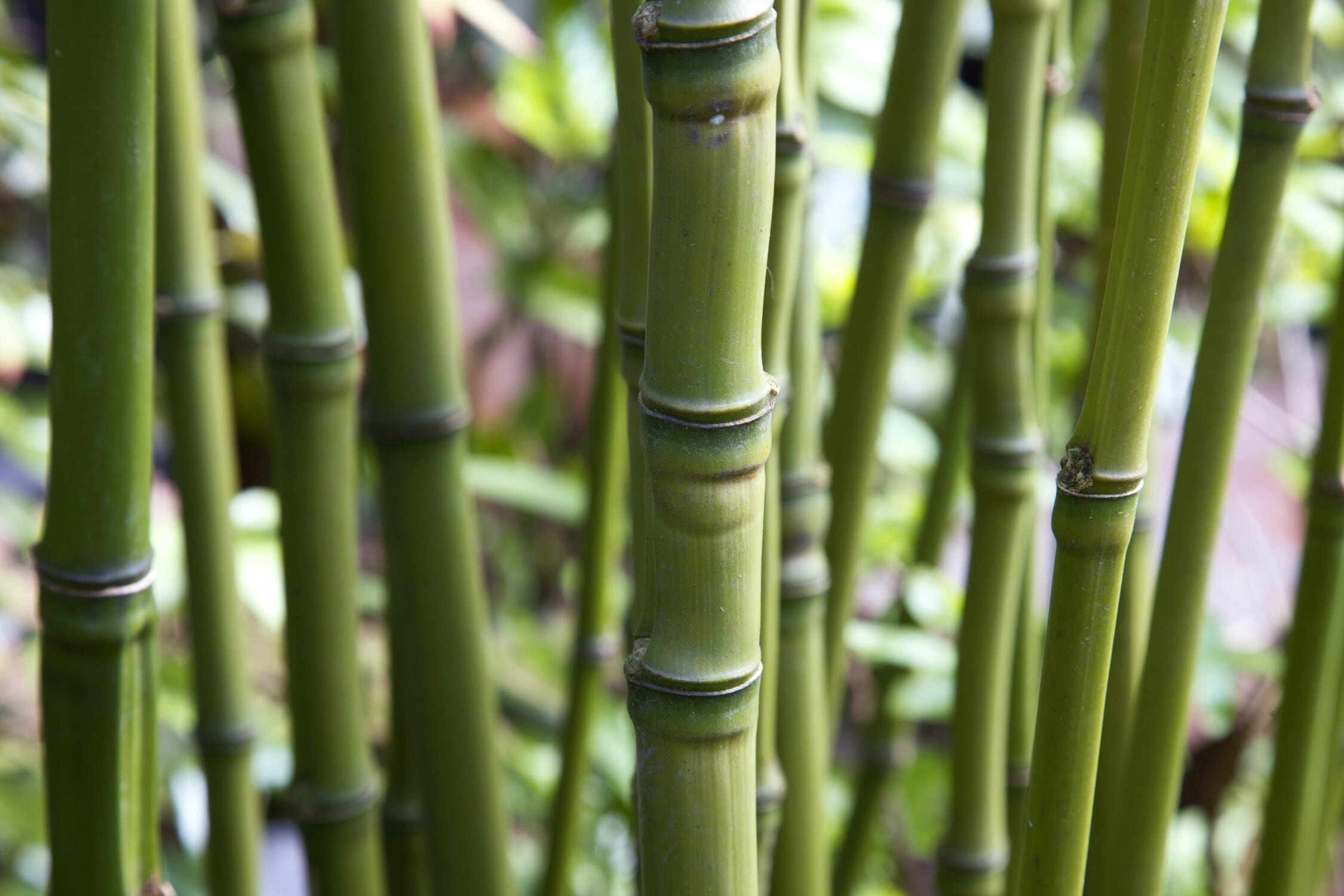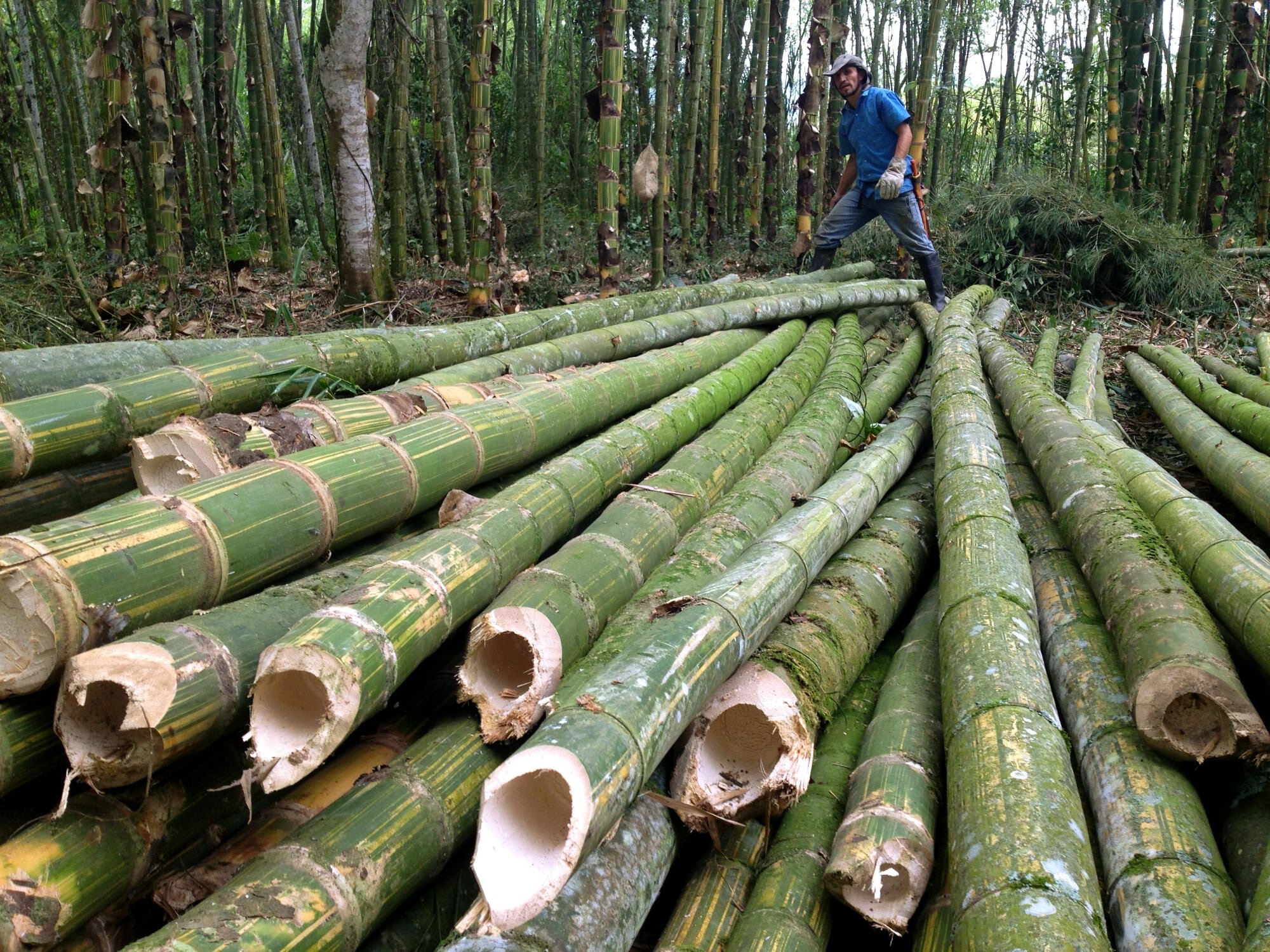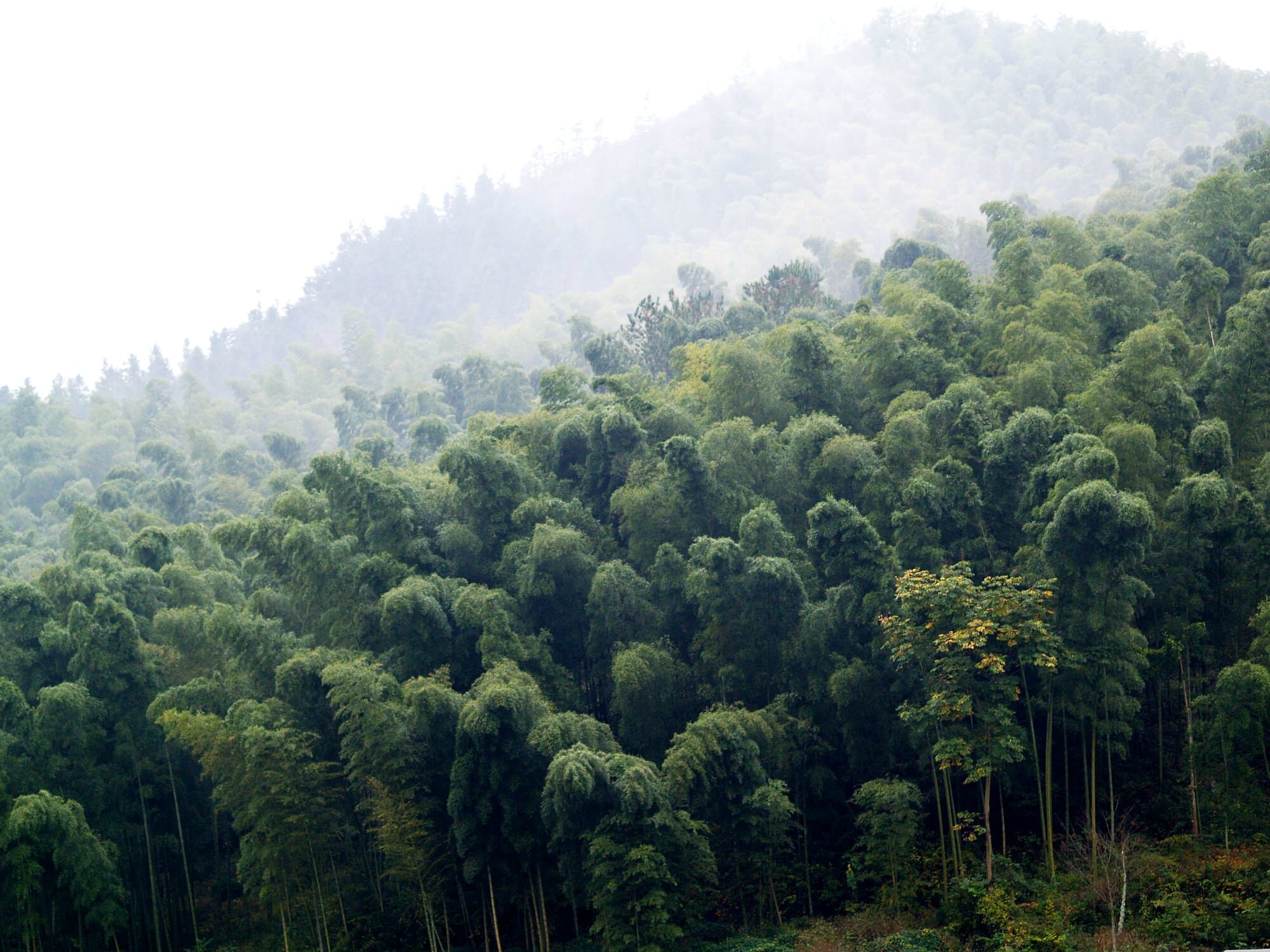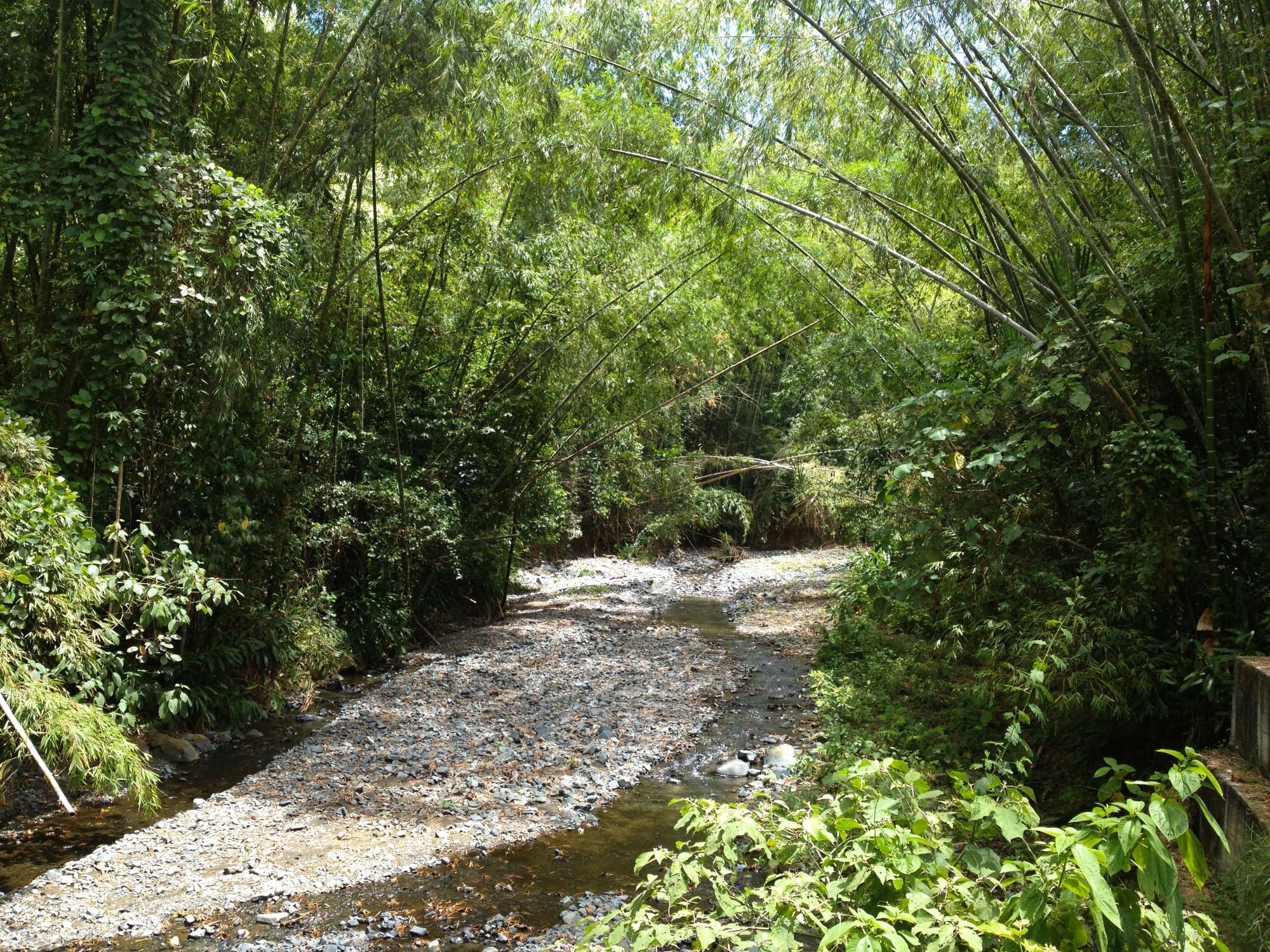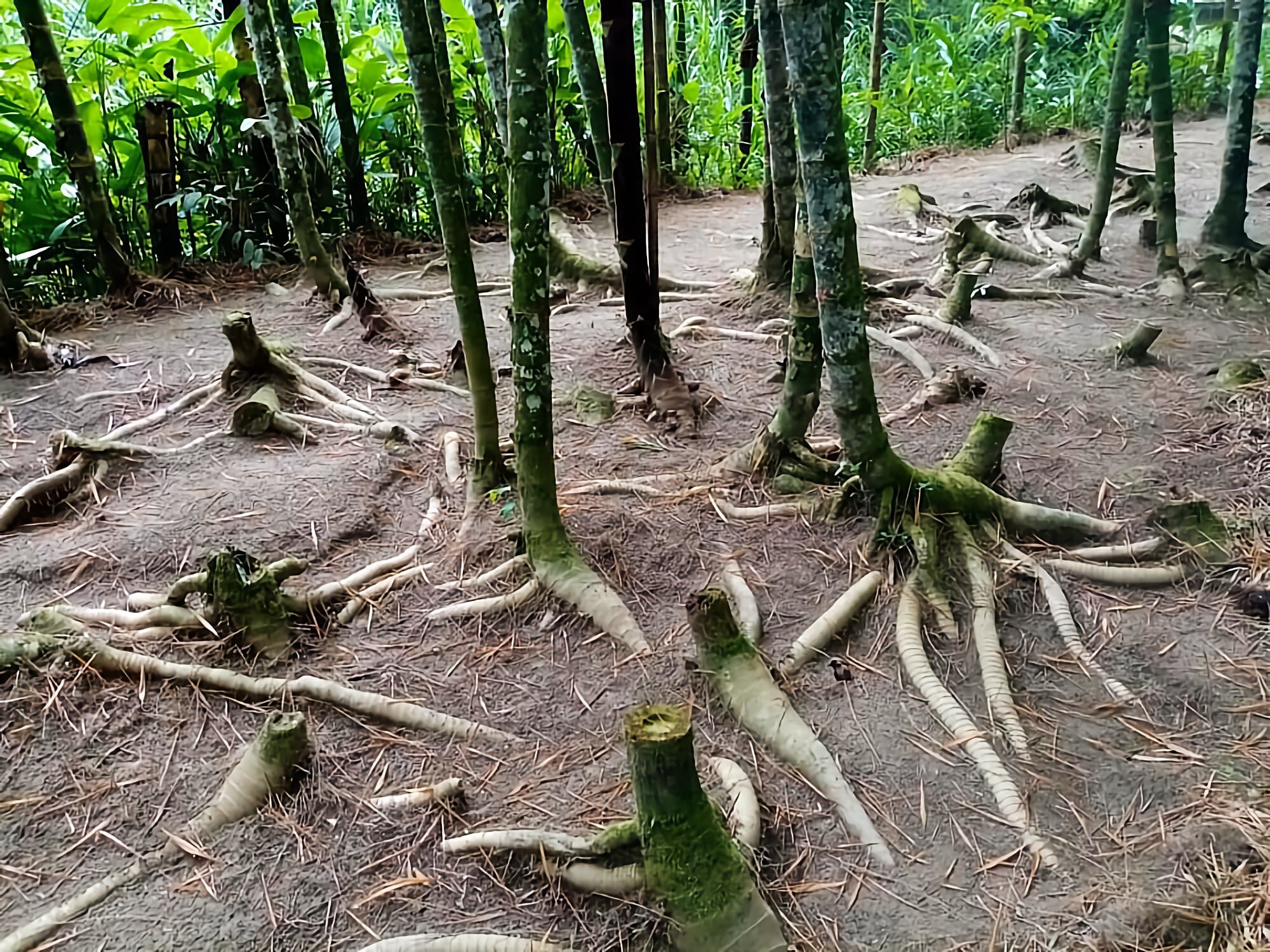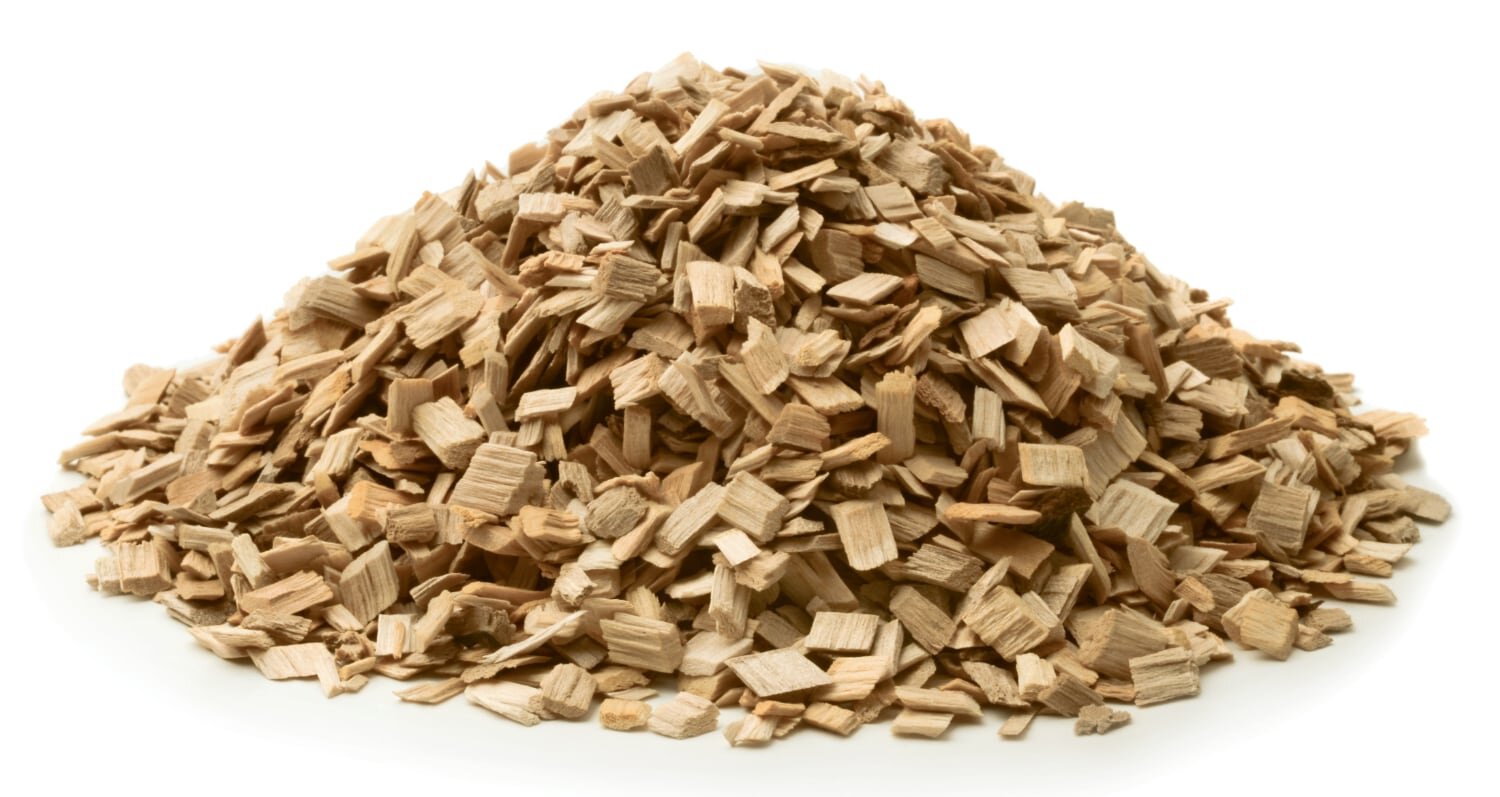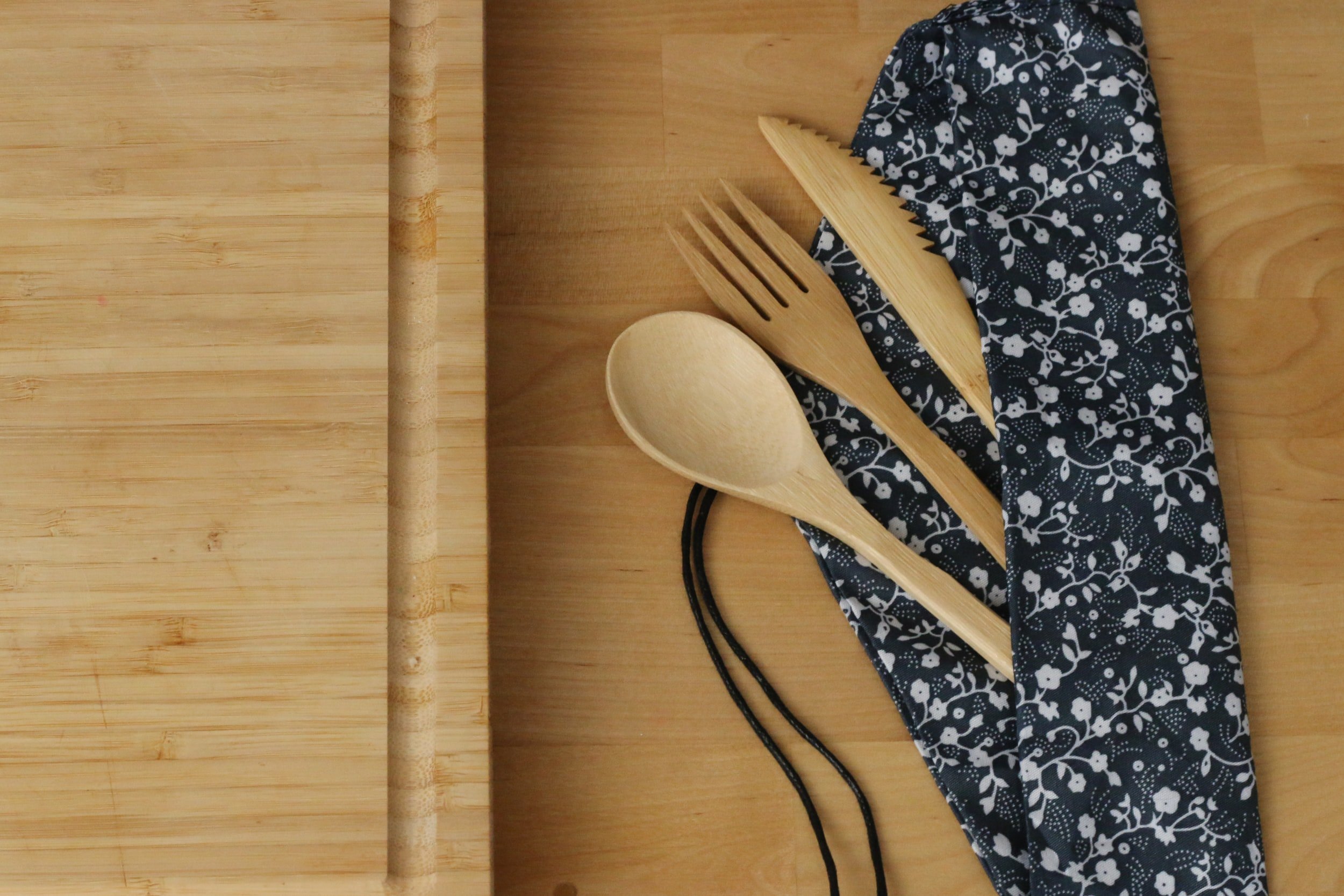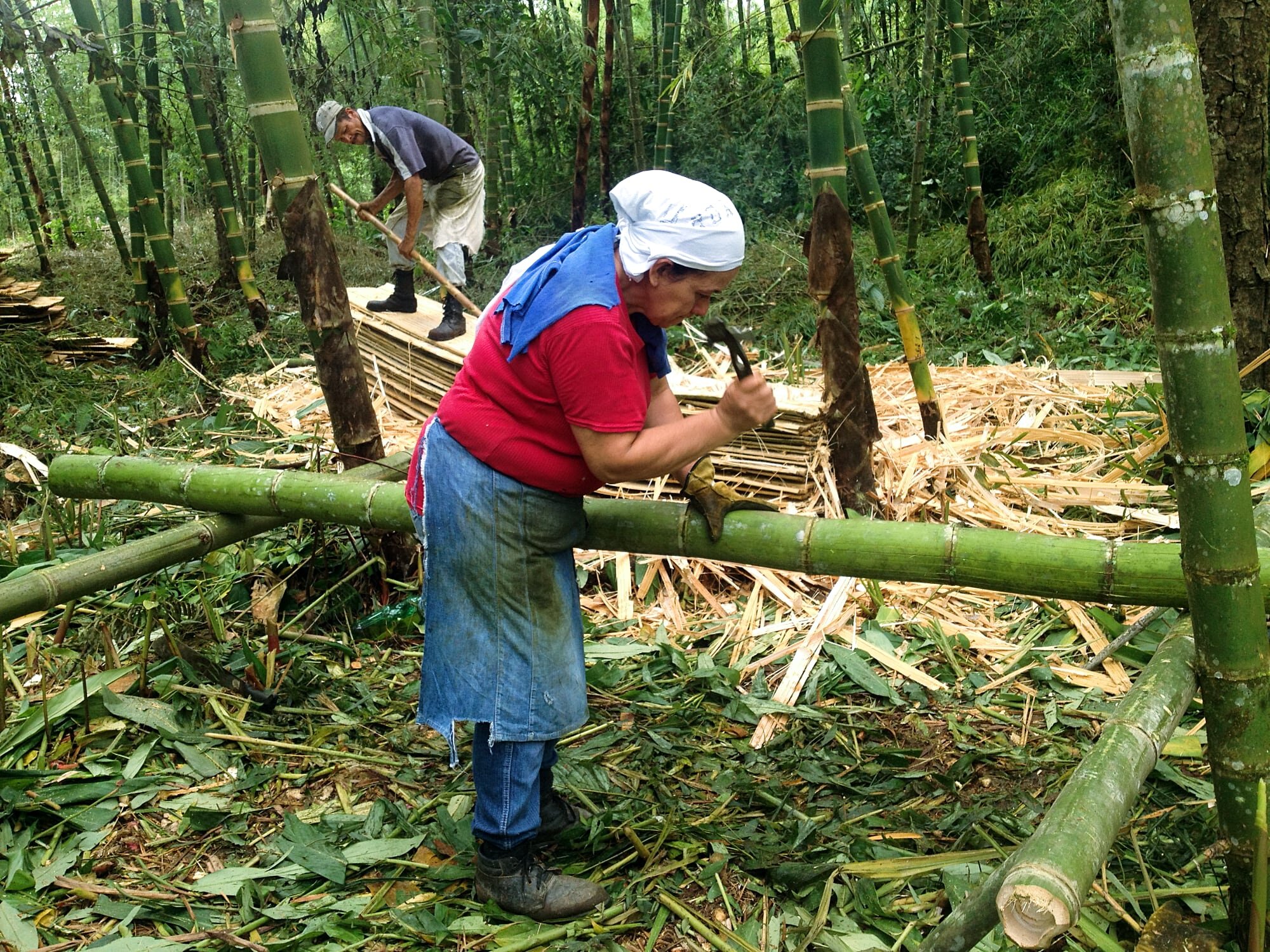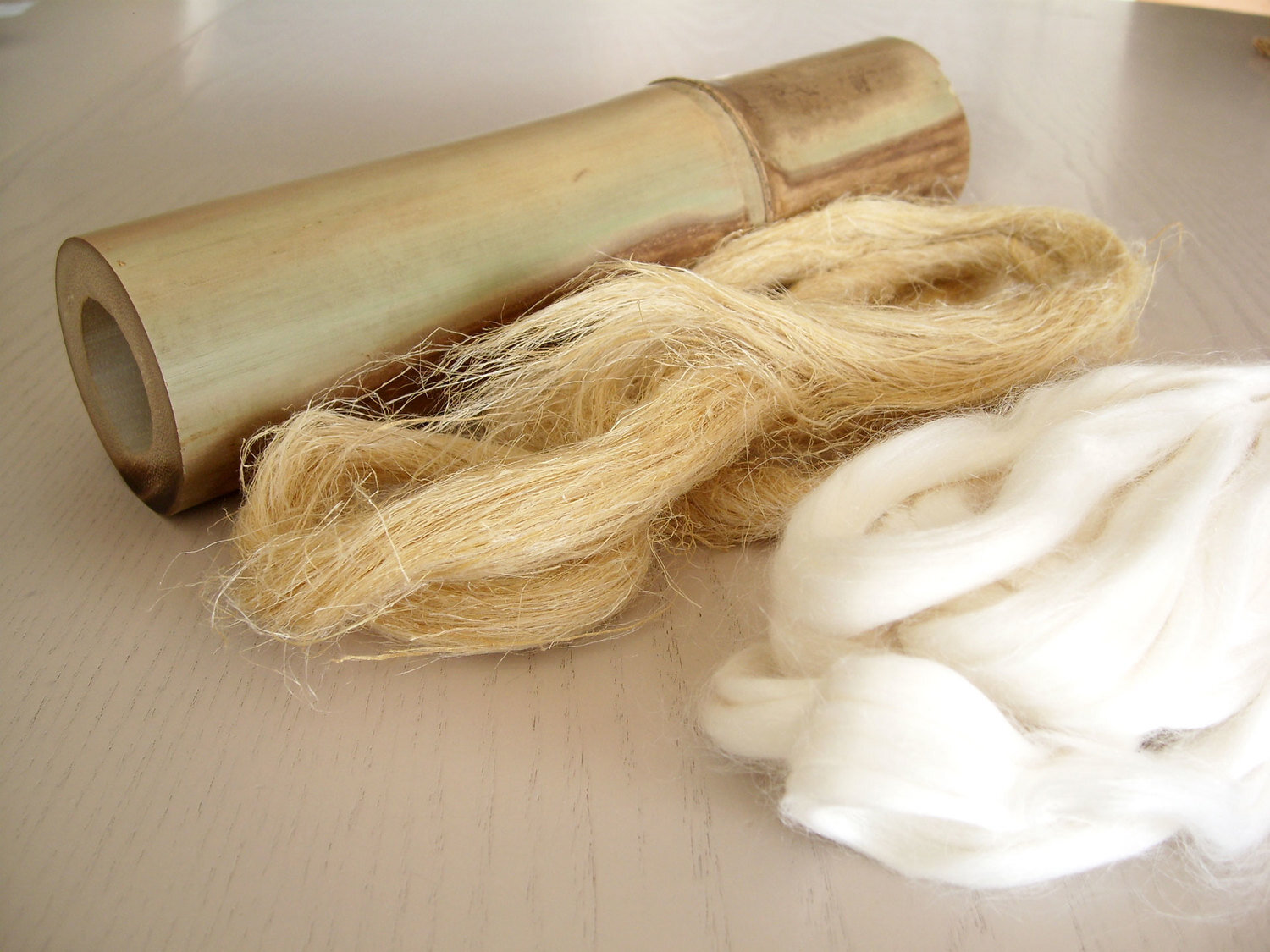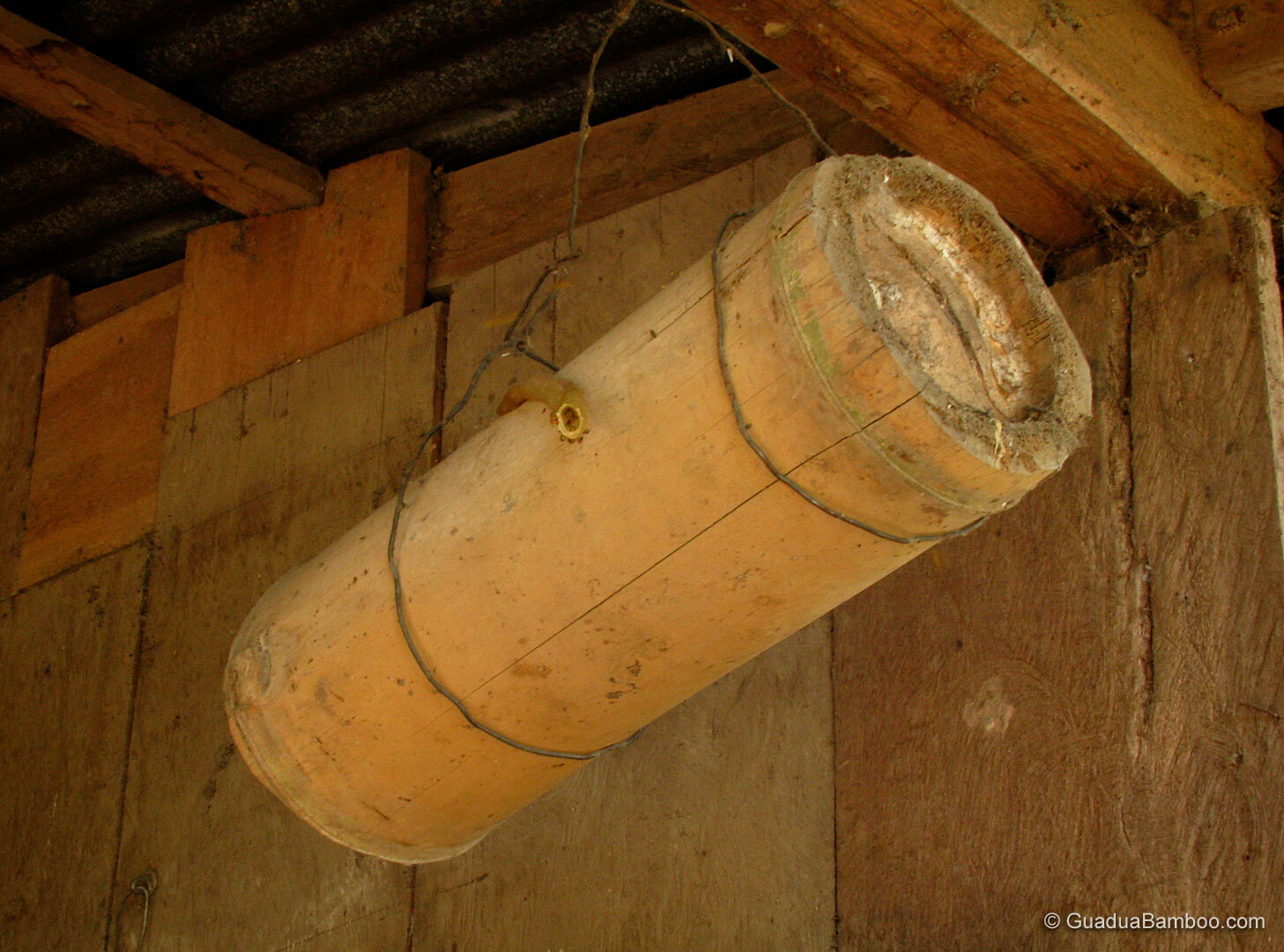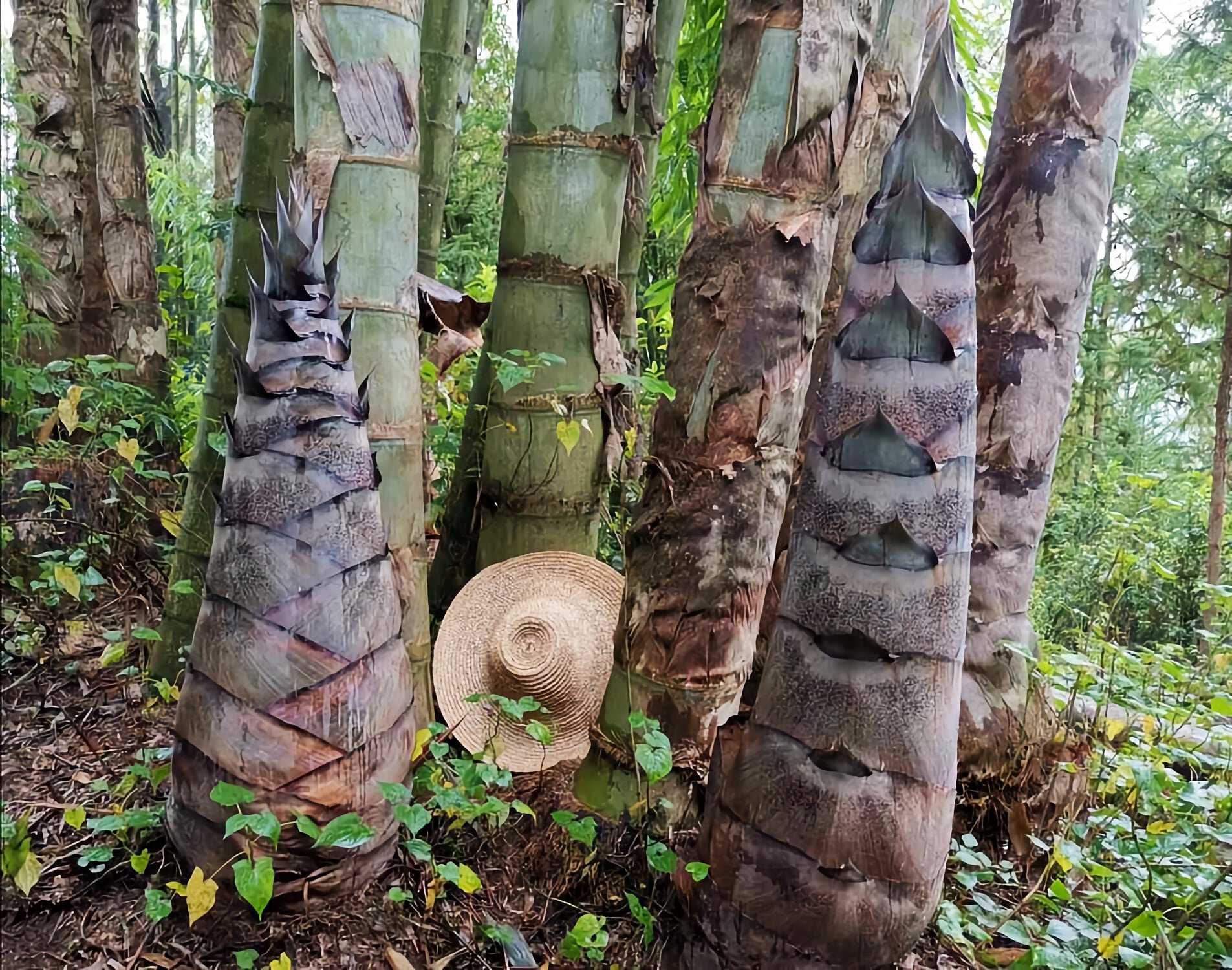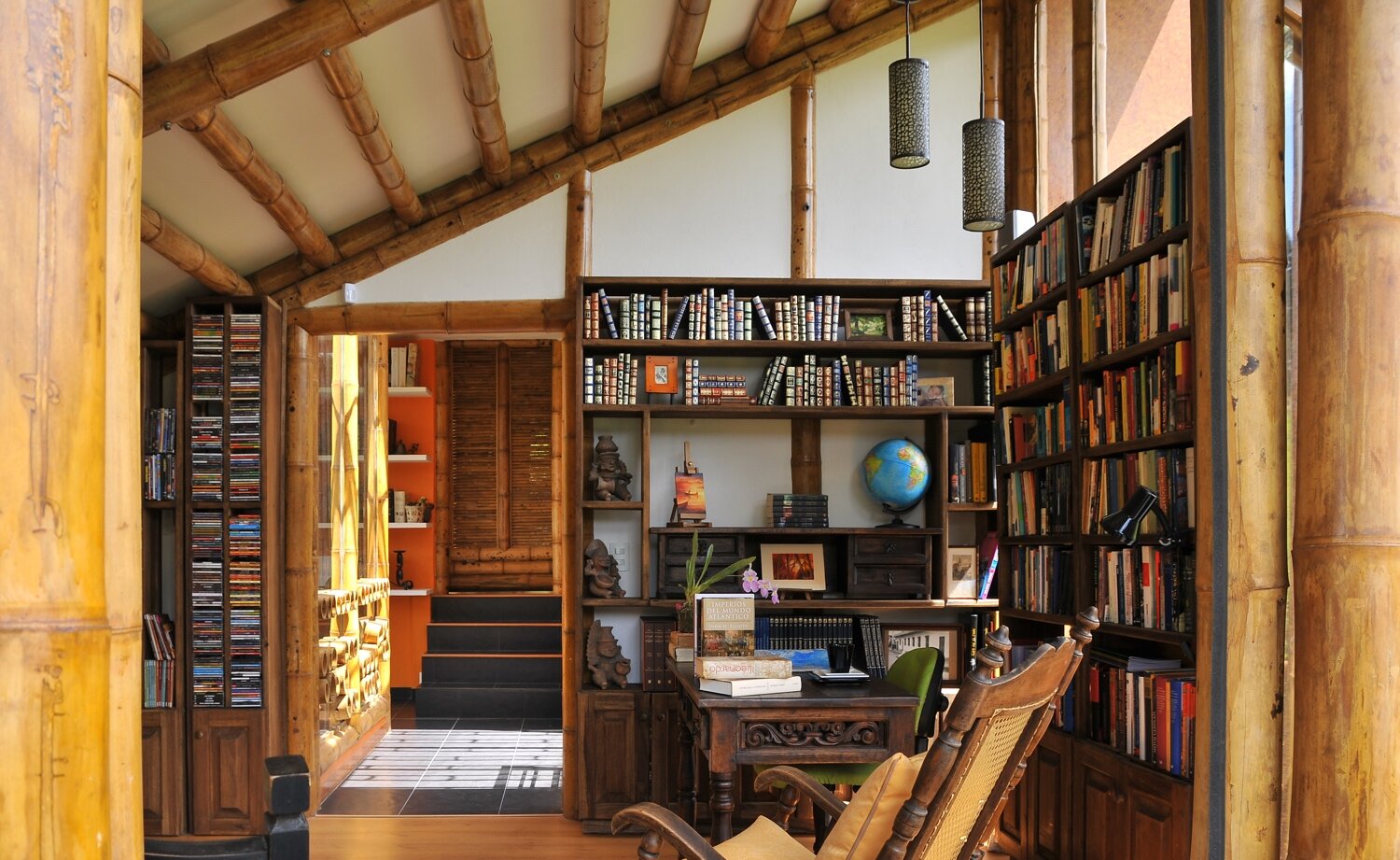Bamboo can Replace Wood for any Application
Bamboo can replace wood in almost any application. Today, there are thousands of bamboo products that completely replace wood, ranging from paper and pulp products, flooring, musical instruments, furniture, construction materials, and so on. In addition, bamboo fibers are much stronger than wood fibers and less likely to deform due to changing atmospheric conditions.
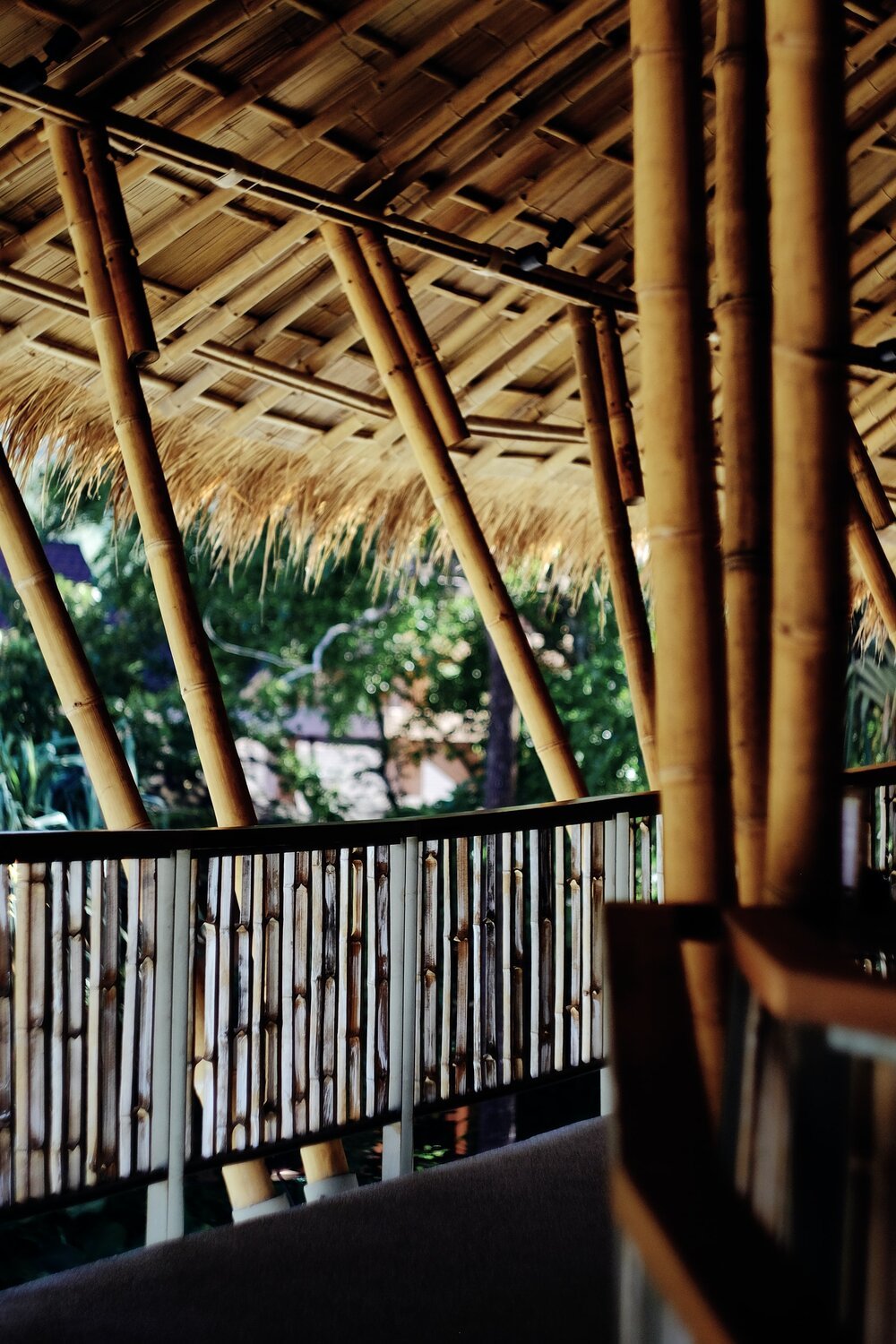
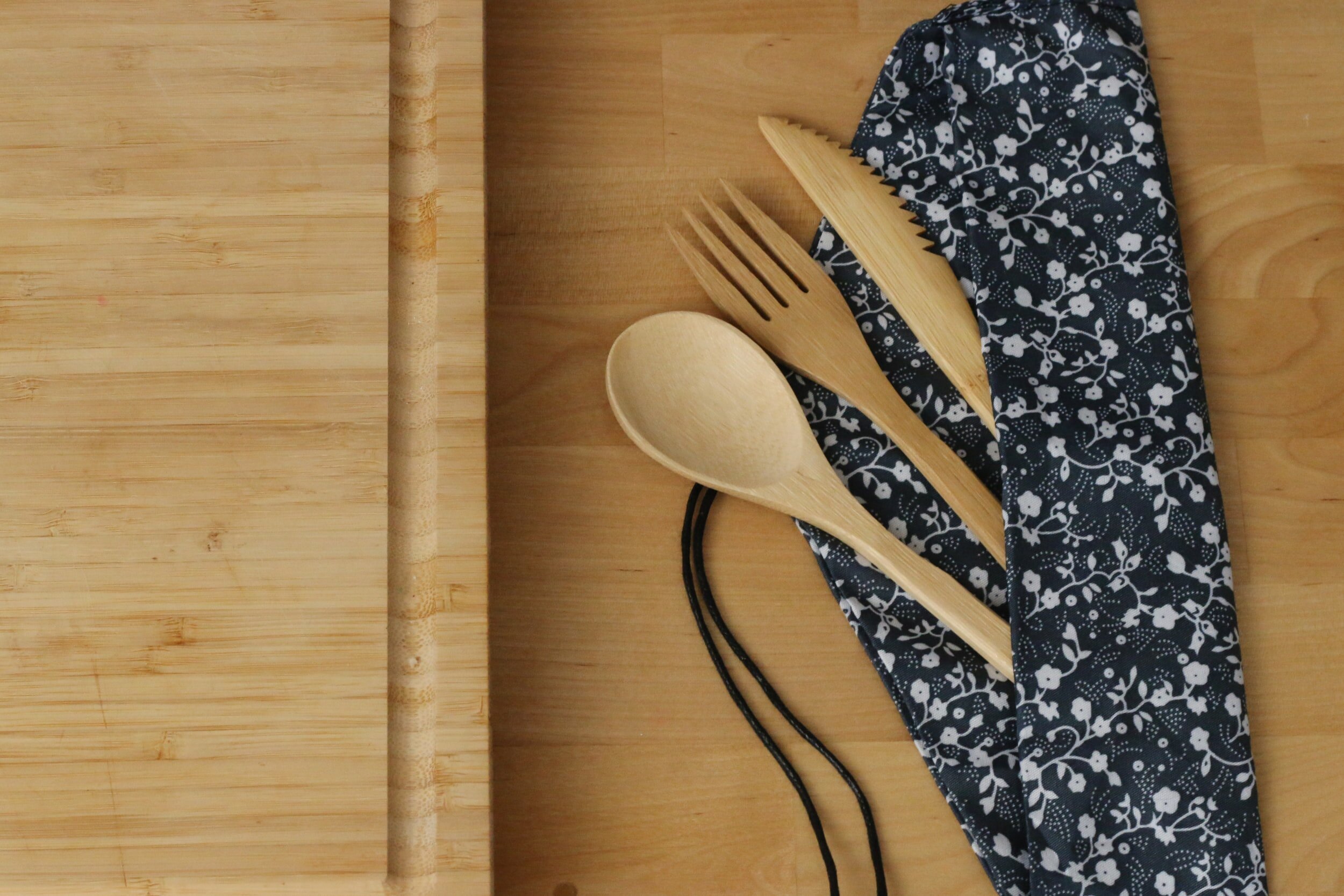
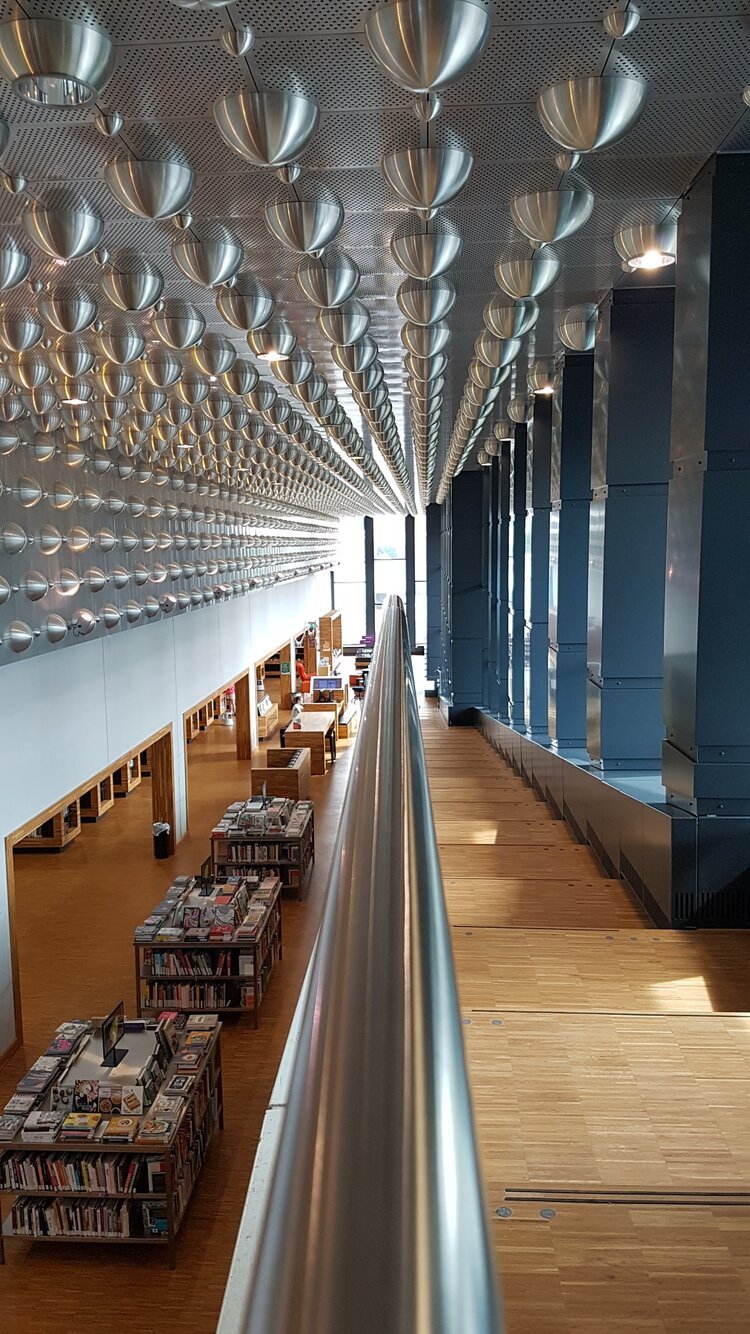
Bamboo is a great alternative to traditional timber as it develops quickly into a hard, wood‐like fiber. Bamboo stems reach maturity at 2-5 years versus 10-20 years for most softwoods. Virtually every part of the bamboo plant can be used to make a variety of products. The hardness and strength properties of bamboo will vary and largely depend on the species, origin and type of processing. Some bamboos are extremely “hard” and have been compared to oak and maple.
Every year, 30 million hectares of forests are lost as a result of worldwide deforestation. As a versatile substitute for hardwood, bamboo offers the opportunity to drastically reduce this figure and to protect endangered tropical forests. The fact that bamboo grows back after harvest without the need for replanting is an enormous advantage. Combined with the ability of creating strong, beautiful and durable products that can be recycled as agglomerate or a source for green energy, makes bamboo an essential renewable resource.
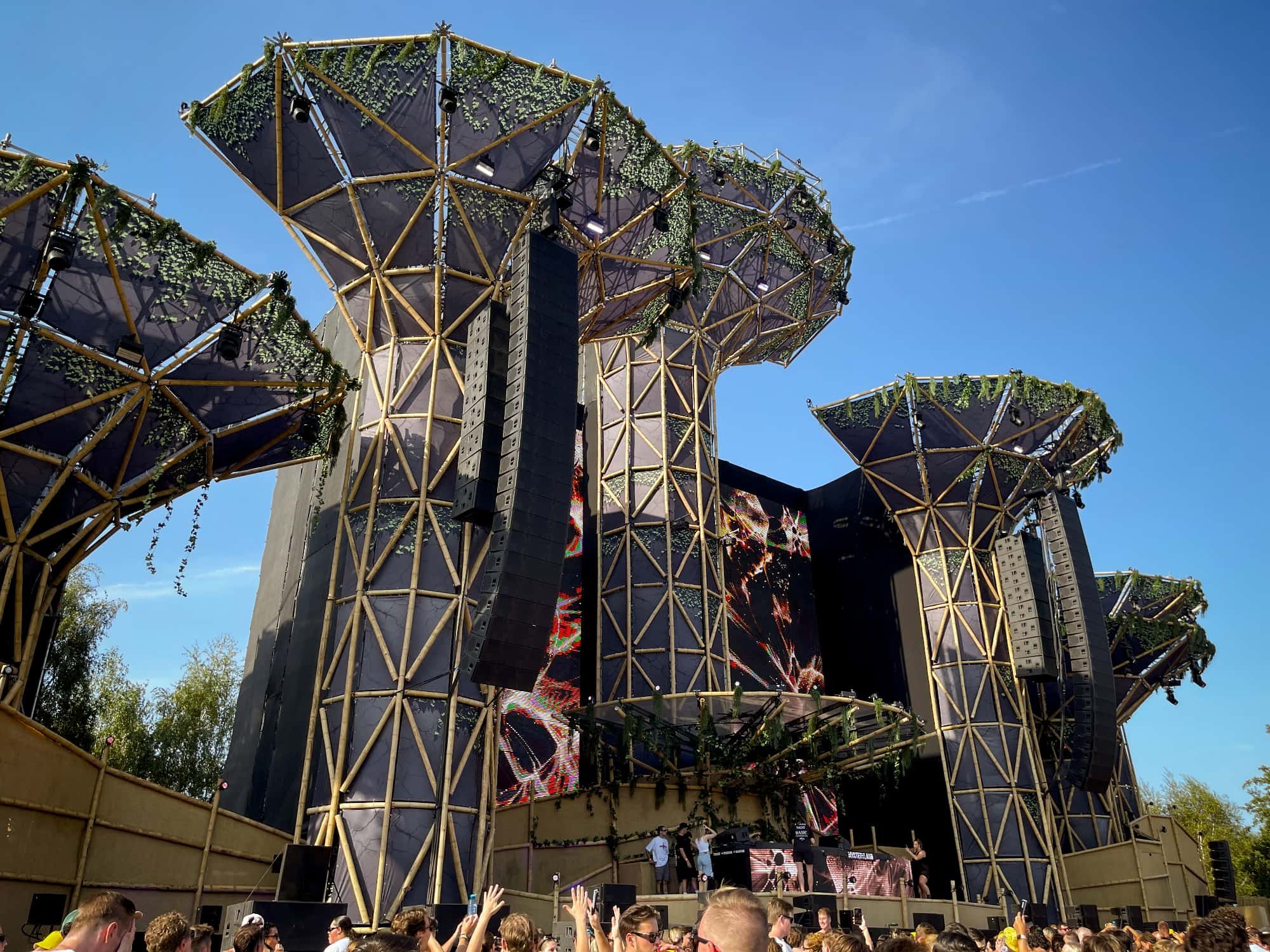
Guadua Bamboo SAS

